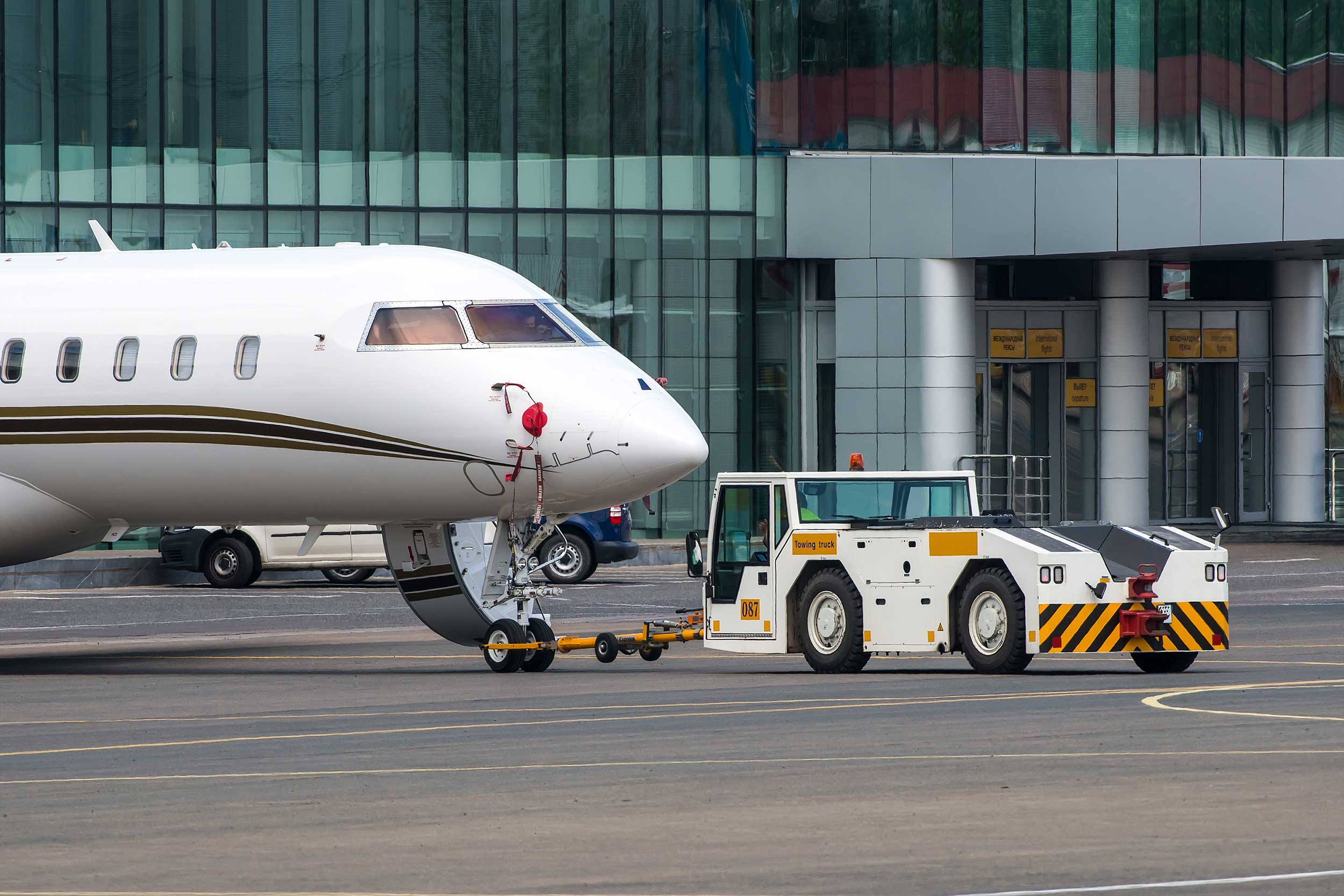Four places you can put pressure on a source of frivolous pollution
Since the earliest days of corporate flight after World War II, the use of private jets for all manner of purposes has—pardon the pun—taken off. Mega events like the World Economic Forum and the Super……
Bridget Reed Morawski
Bridget Reed Morawski is a freelance energy and environment reporter with a habit of covering sustainable design. Raised in Philly (go birds), she attended Emerson College in Boston to major in journalism and minor in environmental studies. She now lives in Washington, D.C., with her fiance, two cats and a loving group of neighbors. In her free time, she enjoys trying new restaurants, cooking with or for friends, snuggling the cats and thrift store shopping.


